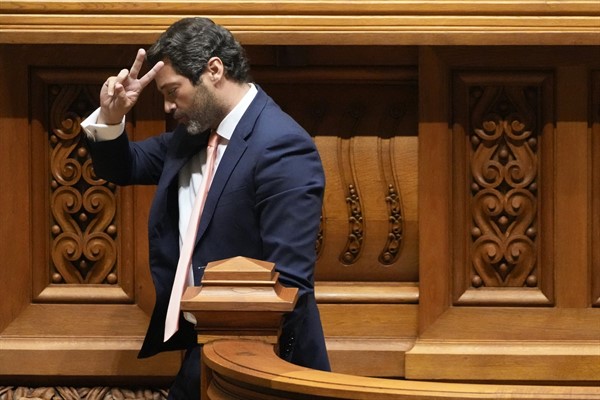Holding elections under the pressure of a pandemic has become old hat for Portugal. When Portuguese citizens go to the polls for legislative elections on Jan. 30, it will be the third time they’ve done so since COVID-19 hit, after a presidential election in January 2021 and municipal elections in September 2021.
And yet, balancing democratic processes with pandemic control measures this time around will be more difficult than those previous exercises, with a record 1 million people—or 10 percent of the population—currently quarantining due to having tested positive for COVID-19 or coming into contact with someone who has. In the absence of mail-in ballots, Portuguese authorities came up with a surprising workaround: On Election Day, quarantine rules will be temporarily suspended, allowing everyone to leave their homes to vote.
It remains to be seen whether this attempt to minimize abstention rates, which are traditionally very high in Portugal even without a pandemic to complicate matters, succeeds. However, the pandemic is not the only peculiarity of these snap elections, which were called last November by President Rebelo de Sousa after the minority government led by Socialist Prime Minister Antonio Costa failed to get its proposed budget passed in parliament. Ironically, none of the country’s major established parties stands to gain much from the early elections, nor did they really want them to happen.

